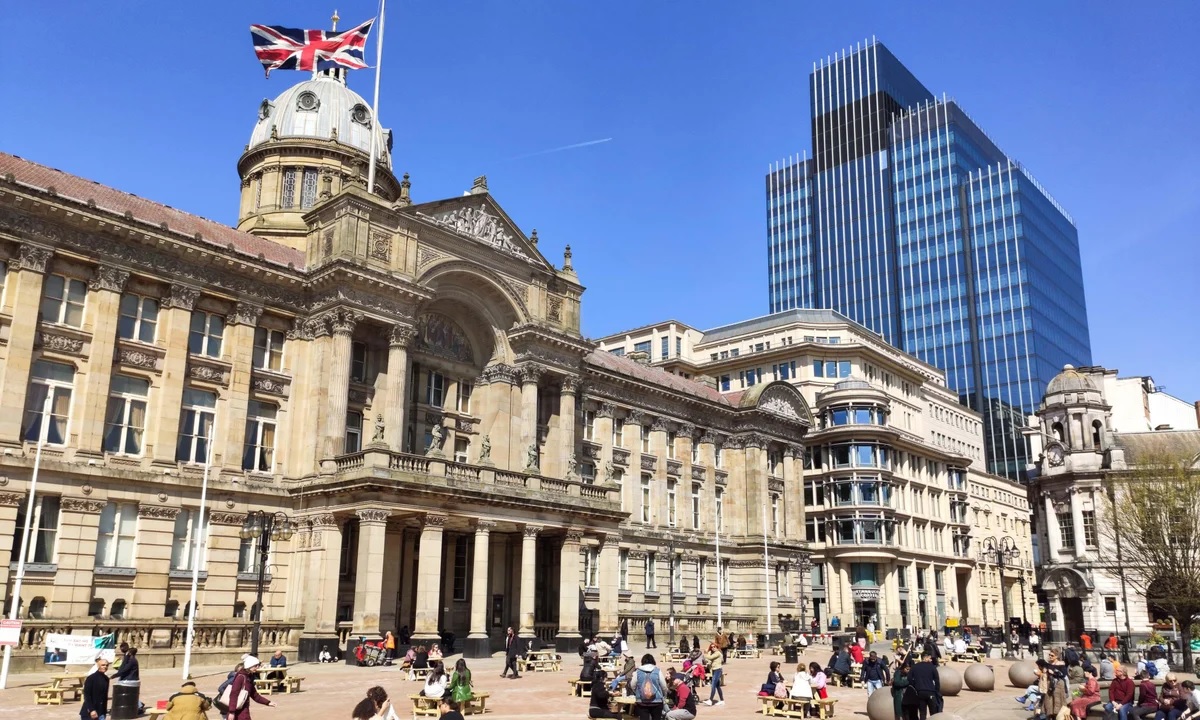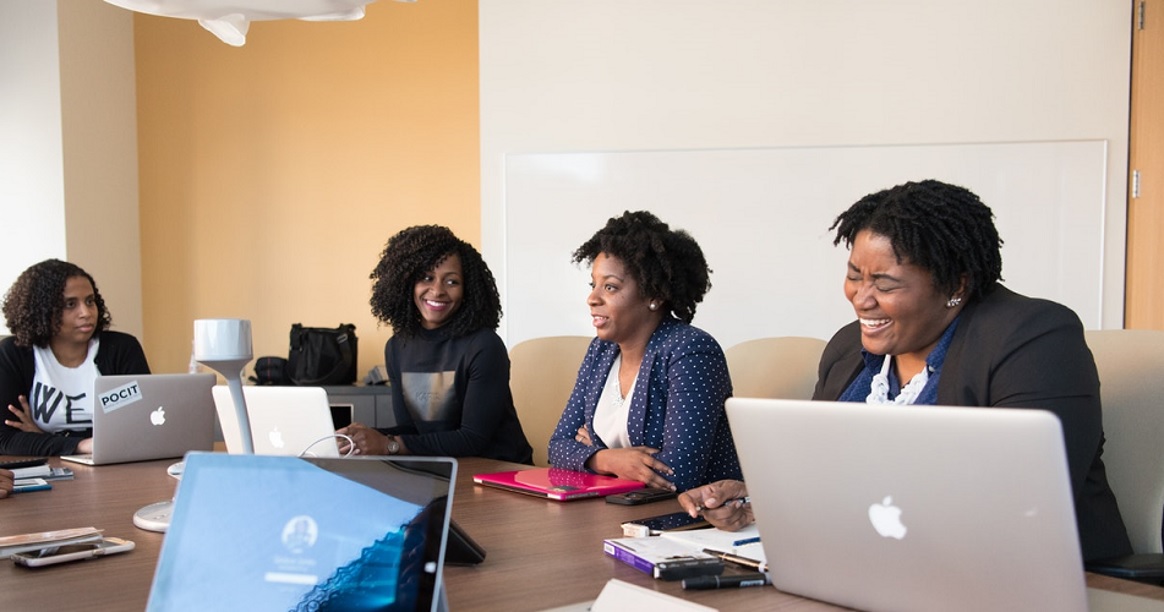Birmingham, one of the largest cities in the UK, has a diverse economy and a vibrant community. However, like many places, it is not immune to financial difficulties. For individuals and businesses facing overwhelming debt, bankruptcy can serve as a legal pathway to financial relief. This article provides a comprehensive overview of bankruptcy in Birmingham, detailing the process, implications, and available support.
Understanding Bankruptcy
Bankruptcy is a legal status that allows individuals or businesses unable to pay their debts to seek relief through the court system. In the UK, bankruptcy is typically an option for individuals, while businesses may consider other insolvency procedures. When someone declares bankruptcy, their assets may be sold to repay creditors, and any remaining unsecured debts may be discharged.
The Bankruptcy Process in Birmingham
- Seeking Professional Advice: Before considering bankruptcy, it is crucial to consult a qualified financial advisor or an insolvency practitioner. Birmingham has several organizations and professionals that offer free or low-cost advice to help individuals assess their financial situation and explore alternatives to bankruptcy, such as Individual Voluntary Arrangements (IVAs) or Debt Management Plans (DMPs).
- Filing for Bankruptcy: If bankruptcy is determined to be the best course of action, individuals must complete a bankruptcy application, which can be done online. The application requires detailed information about assets, income, debts, and expenditures. It is important to provide accurate information, as any discrepancies could lead to complications.
- Bankruptcy Order: Once the application is submitted, it will be reviewed by the court. If approved, a bankruptcy order is issued, officially declaring the individual bankrupt. This order also appoints a trustee who will manage the bankruptcy process.
- Role of the Trustee: The trustee plays a vital role in the bankruptcy process, assessing the individual’s financial situation, managing the sale of assets, and ensuring creditors are paid as much as possible. The trustee will evaluate which assets can be sold, keeping in mind that certain items may be exempt, such as essential household goods and tools needed for work.
- Debt Discharge: Generally, individuals can expect debts to be discharged after one year, provided they comply with the trustee’s instructions. Once debts are discharged, individuals are no longer legally required to repay those debts.
Support Services in Birmingham
Birmingham offers a range of support services for those considering bankruptcy:
- Citizens Advice Bureau: This organization provides free, impartial advice on a variety of financial issues, including bankruptcy. Their advisors can help individuals understand their options and guide them through the application process.
- Local Insolvency Practitioners: Many insolvency practitioners in Birmingham specialize in bankruptcy and can provide tailored advice and support. They can assist with filing the application and navigating the complexities of the bankruptcy process.
- Charity Organizations: Various charities and non-profit organizations offer financial advice and support for those struggling with debt. They can provide resources and assistance in developing a debt management strategy.
Consequences of Bankruptcy
While bankruptcy can provide a fresh start, it also has significant implications:
- Credit Rating: Bankruptcy can severely impact an individual’s credit score, making it challenging to obtain credit in the future. The bankruptcy will remain on the credit report for six years from the date of the order.
- Public Record: Bankruptcy is a matter of public record, which means it can be accessed by anyone conducting a background check.
- Employment Concerns: Certain professions may require credit checks, and a bankruptcy filing could affect employment opportunities in those fields.
Alternatives to Bankruptcy
Before opting for bankruptcy, it is essential to consider alternatives:
- Individual Voluntary Arrangement (IVA): An IVA allows individuals to negotiate a repayment plan with creditors, often resulting in reduced payments and retained assets.
- Debt Management Plans (DMPs): A DMP enables individuals to repay their debts at a manageable rate, often resulting in a freeze on interest and charges.
- Negotiating with Creditors: Sometimes, open communication with creditors can lead to more favorable repayment terms or settlements.
Conclusion
Bankruptcy can be a daunting experience, but it is important to remember that it is a legal remedy designed to provide relief from overwhelming debt. In Birmingham, individuals facing financial difficulties have access to various support services and professionals who can help navigate the complexities of bankruptcy. By seeking advice, understanding the process, and exploring alternatives, individuals can take proactive steps towards regaining financial stability and moving towards a brighter future.
For more information, check out Irwin Insolvency.


